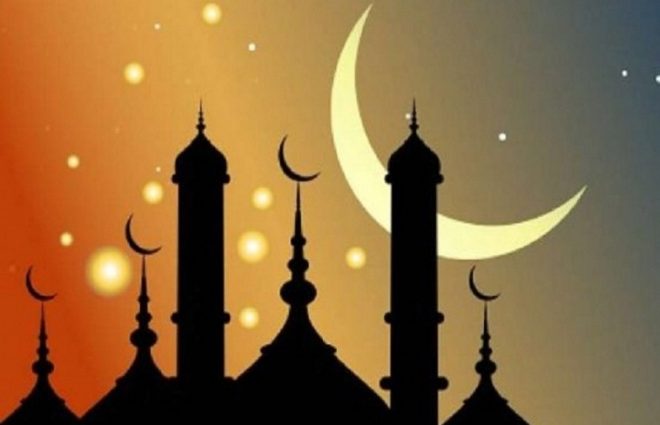It was a shiny one rupee coin, a special one that my father gave because I was fascinated to admire and play with it. I partially knew its material value. Perhaps it was worth a few of my favorite toffees. It was the beginning of a month and the time for my older siblings to get their pocket money as well. My mother gave them their allowance but it came with a piece of implicit advice. Mother said, ‘while charity is always a good deed in the eyes of God, during Ramadan the reward for such a deed is even greater’.
In a way, she encouraged her kids to donate their pocket allowances and to learn the joy of giving. Anyone who has a younger sibling would be aware of what happens when the leader of the clan does something. Exactly – others follow suit. So, my shiny little coin also found a place in the little donation box we had at home for the alms seekers. It was one of my first memories of Ramadan that I can recollect.
Ramadan is just not the month of fasting – it is much beyond. It teaches self-control over thirst, hunger, desire, and anger. The hunger pangs make us realise what it is to go empty stomach and still deliver our daily duties. A meal a day is a reality for over 820 million people, or more precisely, one out of nine, who go hungry worldwide.
Usually, for us meals do not just satisfy the hunger pangs but they also offer a recourse to reckless indulgence. We never think while serving ourselves a little extra than our appetite and unconsciously trashing the leftover without any guilt of wastage. Ramadan is about acknowledging the gift of having food after hours of hunger.
It is also a month to reckon the obligation of zakat, if one has not done it throughout the year. The tenet of zakat is one of the five pillars of Islam and it applies to anyone who has more than basic savings. Zakat requires Muslims to part with 2.5 percent of their total wealth every year and distribute it among the needy and the poor. Among the underprivileged, orphans and widows without any financial support receive utmost preference.
In today’s circumstances when the world is reeling under the COVID-19 crisis, it is more important than ever that we take care of the ones who are the hardest hit, more dutifully. With families losing their earnings or earning members, channelizing such resources on a larger scale can bring immediate relief to the distressed. It is a wonderful practice of social welfare to ease the burden of the poor. This Ramadan, it is more than ever that we must uphold the joy of sharing.
With sharing comes the responsibility of shouldering the loss to life and resources. Yes the economy has suffered, but if the big businesses hurry to fill their coffers again and press to reopen the lockdown, then many workers constituting the backbone of industries might even lose their lives. Let humanism for once guide governance. Economies recover from depression but for the lives lost there is no point of return. The pandemic is a collective crisis, let us not make the poor suffer for it alone.
Ramadan could not have come at a better time this year, when the world needs to kindle the spirit of kindness, collectivity, and compassion in our hearts. Remember the street food vendors who flooded the local market in the evening, all these years during Ramadan ready with their lip-smacking snacks. Today, we need to reach out to them with food packets. We also need to rein our desire to post pictures of their misery and our benevolence on social media. The world is hungry, distraught, and desperate – let us share, contribute, and modestly touch lives with whatever we have.
(Views expressed by author are personal)

